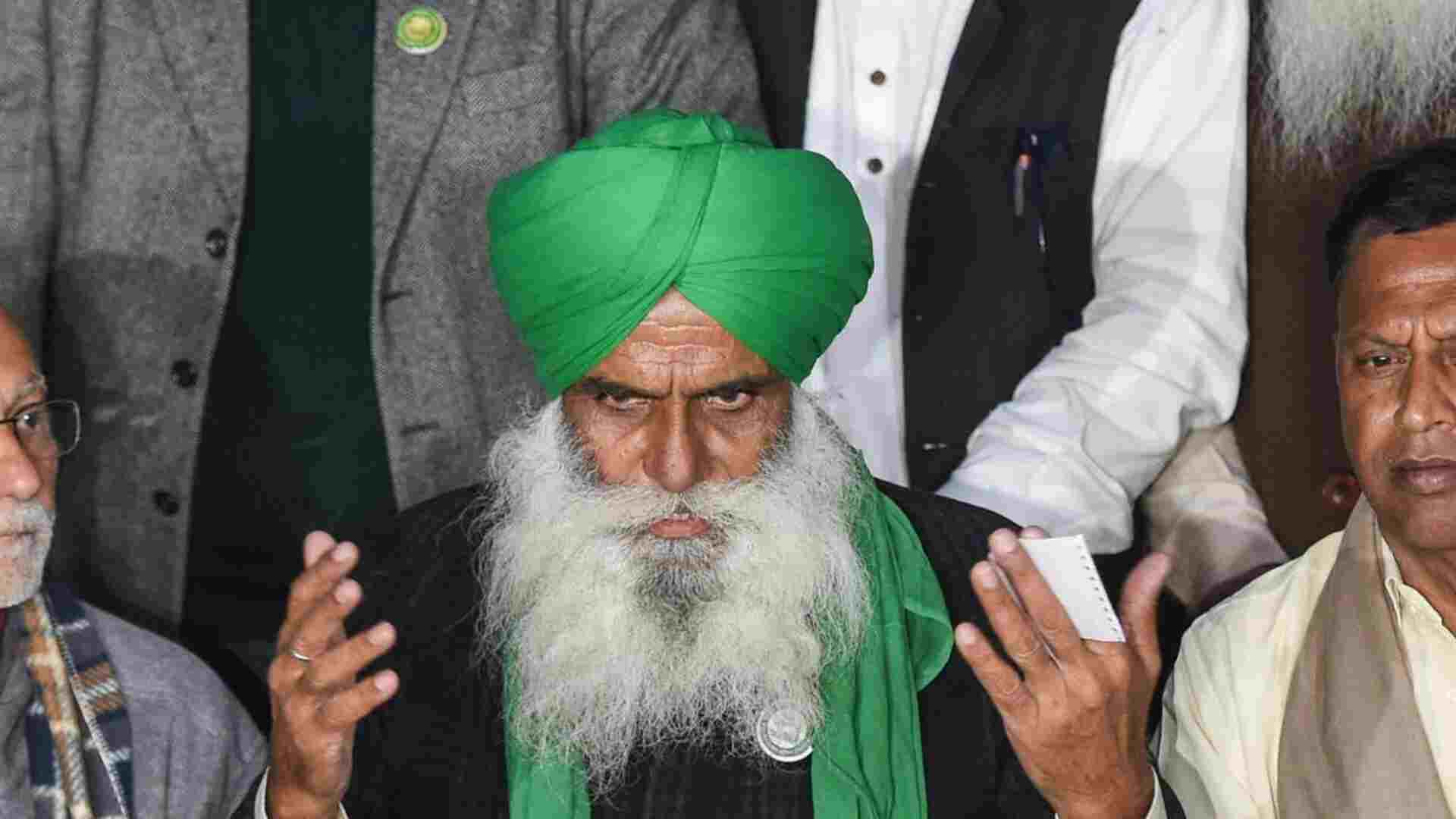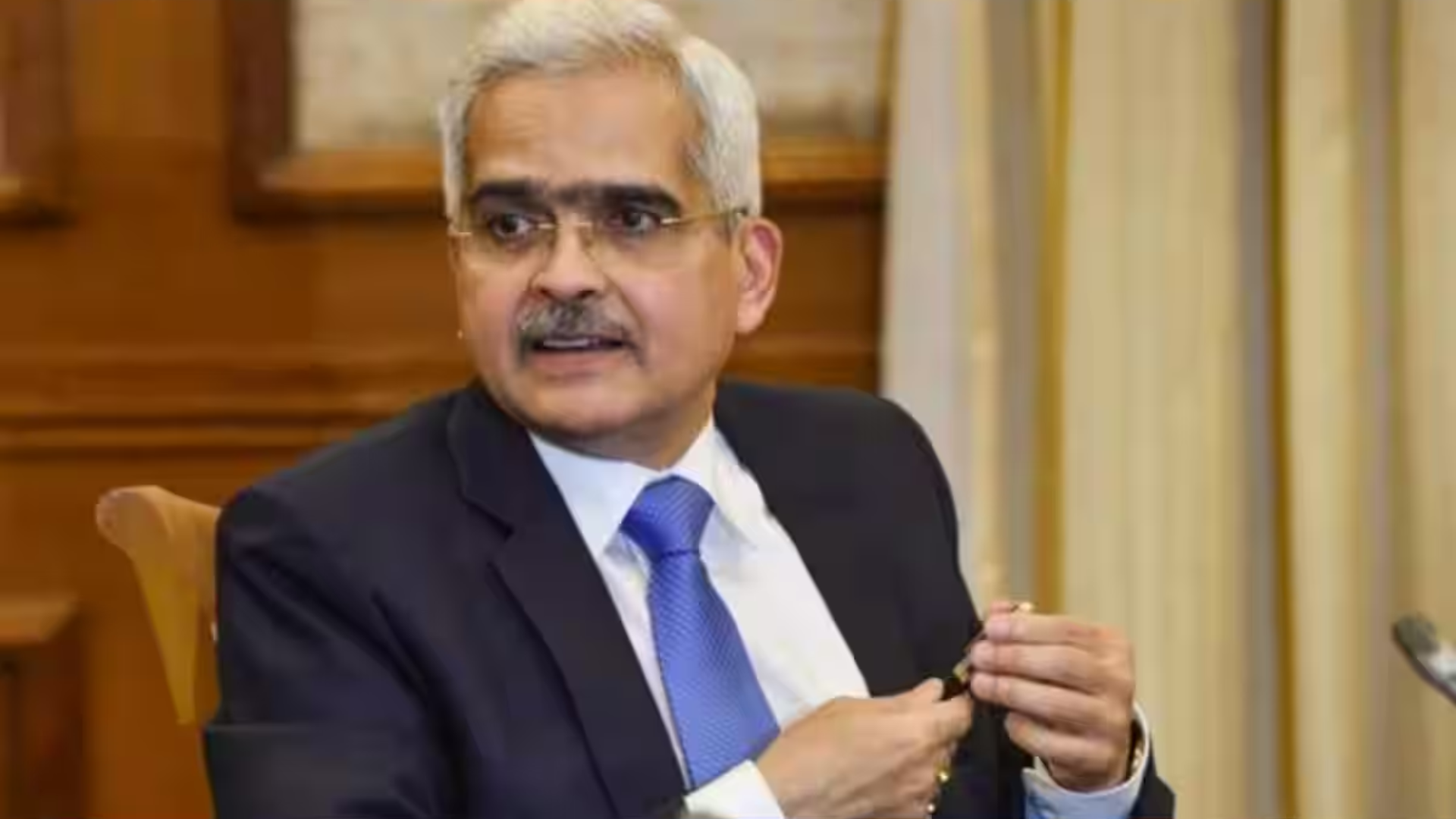
As Kabir Jayanti approaches on 22 June this year, it is an opportune time to remember Sant Kabir, a mystic poet who defies classification. Hindus and Muslim both claim him. It is said that upon his death the two communities both fought for custody of his body, one for burial and the other for burning, but when eventually the shroud was lifted only flowers could be found. Such is the power of Kabir’s words, and the wisdom they radiate that his verses also find pride of place in the Guru Granth Sahib the sacred scripture of the Sikhs. Evelyn Underhill who helped translate Kabir’s poetry writes how ‘it is impossible to say of their author that he is Brahman, or Sufi, Vedantist or Vaishnavite.’ According to Kabir himself, she writes, he was ‘at once the child of Allah and of Ram.’
Many contradictory legends have surfaced concerning the life of Kabir. It appears probable that he was born to Muslim parents, based on the Arabic origins of his name. Despite being born or raised in a Muslim family he was deeply influenced by a Hindu saint named Ramananda. It is said that he waited for Ramananda to finish his bath at the Ganges and when by mistake the learned man’s foot fell on Kabir and he uttered the words ‘Ram! Ram!’ Kabir seized the opportunity to at once declare himself Ramananda’s disciple. He pays tribute to his guru in several of his famous couplets. Perhaps the most famous of his couplets on the importance of the guru is:
The Guru is akin to a potter; and in his hands a disciple is like clay
The Guru’s actions may appear harsh from the outside
Yet it is all for the goodness of the one seeking guidance.
Kabir invoked the Divine repeatedly in his writings but the metaphors he used were often very earthy and even rustic. He did not fear offending the Hindu priests or the Muslim mullahs and wrote his poems fearlessly.
For instance, he wrote
‘The Purana and the Koran are mere words:
Lifting up the curtain, I have seen.’
Kabir was also a musician and a weaver. It is said that a disciple sought to make him give up his weaving, considering it to be no more than a craftsman’s skill but Kabir would not leave the practice considering it to be something that gave him joy and was part and parcel of his creative expression, not something separate from his spiritual yearnings. It is such a touching and beautiful attitude given the times we live in, in which many so-called spiritual leaders love to pontificate and live in the lap of luxury, but do not have their own separate creative pursuits.
Anyone wishing to read the great mystic in English could do no better than to read ‘One Hundred Poems of Kabir,’ that has his poems translated by the great Rabindranath Tagore.
The first poem that appears in Tagore’s wonderful collection is on the subject of the Divine not being found in temples or mosques, neither at the Kaaba nor in Kailash, but within each one of us. It reads as follows:
I am neither in temple nor in mosque: I am neither in Kaaba nor in Kailash:
Neither am I in rites and ceremonies, nor in Yoga and renunciation.
If thou are a true seeker, thou shalt at once see Me: thou shall meet Me in a moment of time.
Kabir says, ‘O Sadhu! God is the breath of all breath.’
Despite the clear sightedness and wisdom in his writings Kabir infuriated orthodox elements across the religious spectrum when he penned controversial verse such as the above.
Legend has it that Kabir was produced before Sikander Lodi as a poser who claimed divine powers. Something about the man must have impressed the ruler for he imposed the lesser punishment of banishment from Banaras, letting him escape with his life.
All those hundreds of years ago this mystic railed against the caste system.
Do not ask the Sadhu’s caste, O Friend
Ask him what he knows!
Value the sword; and
Set aside the scabbard.
Kabir is at once ancient and at the same time extremely contemporary. No modern-day poet, motivation speaker or management expert could have spoken on the value of time as profoundly as he did.
In one of his most popular dohas he writes as follows
What you have to do tomorrow; do today instead.
What you have to do today; do it right away.
Within a second all can be destroyed
What will you do then?
We live in an age with short attention spans, where tweets are limited by the number of characters they use. This may pose a problem for spiritual gurus given to issuing long sermons, but Kabir was a master of communicating in short rhyming couplets also known as dohas. This begs a further question. Had Kabir been alive today, would he have published his dohas as tweets or on Insta as Rupi Kaur the Indo-Canadian poet did, and would they have similarly gone viral? According to marketing experts those aspiring to be social influencers should tweet or make Instagram posts at least once a day, but for Kabir’s dohas a discerning audience would have waited for as long as was needed, weeks, months even, for it would be a special kind of nectar that a reader would eventually get to savour. Such profound verse would have also immeasurably raised the standard of what is these days referred to humorously as WhatsApp University.
We need a Kabir for our times that will fearlessly speak out against fanaticism and bigotry. On human negativity, of which there is so much around these days, as translated by Tagore, the poet wrote
Empty the Cup! O be drunken
Drink the divine nectar of His Name
Kabir says, ‘Listen to me, dear Sadhu!’
‘From the soul of the foot to the crown of the head, this mind is filled with poison.’
(Rajesh Talwar, the author of 40 books spanning multiple genres, has served the United Nations for over two decades across three continents.)















